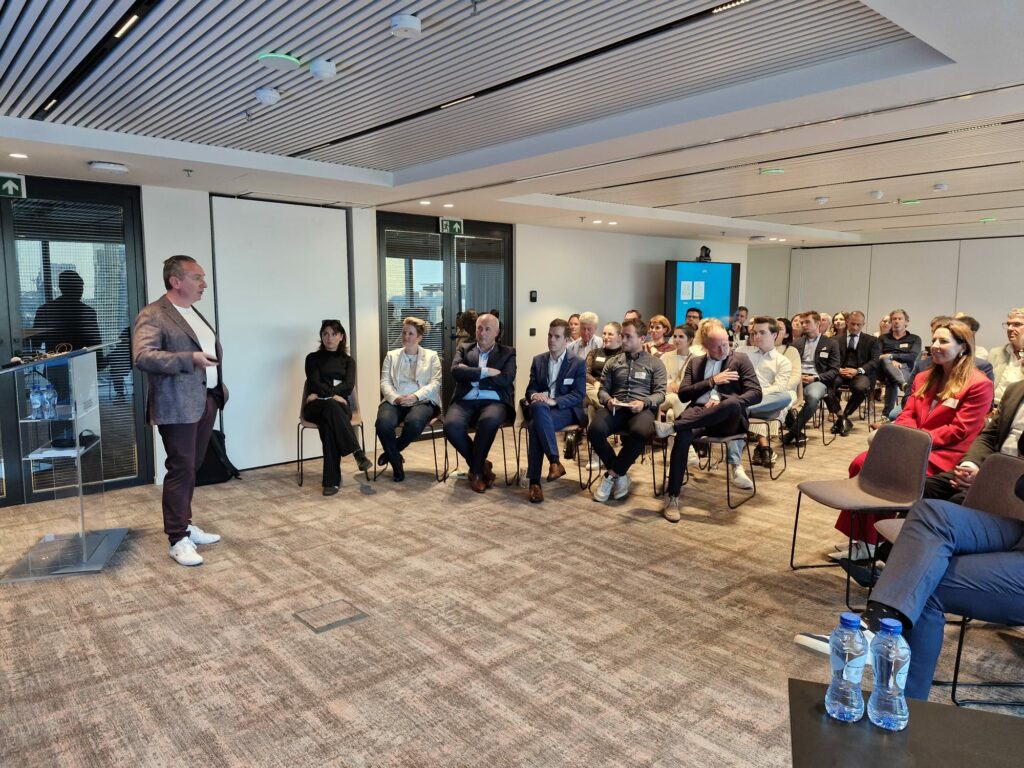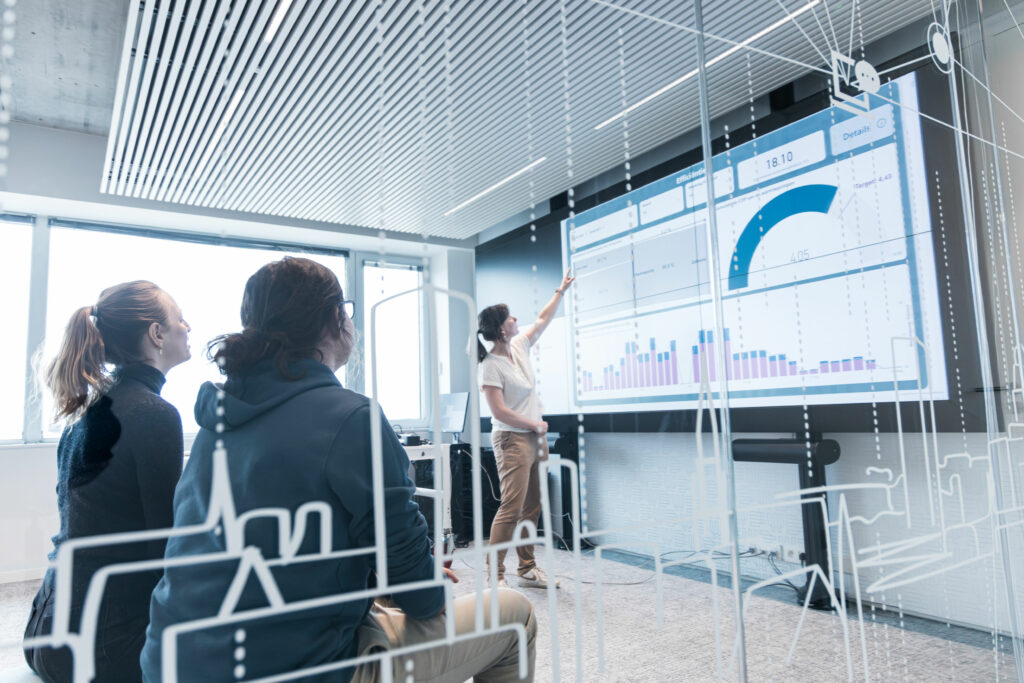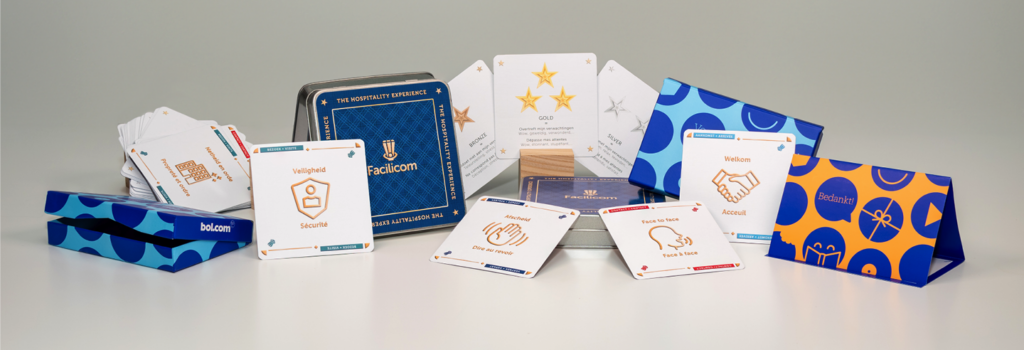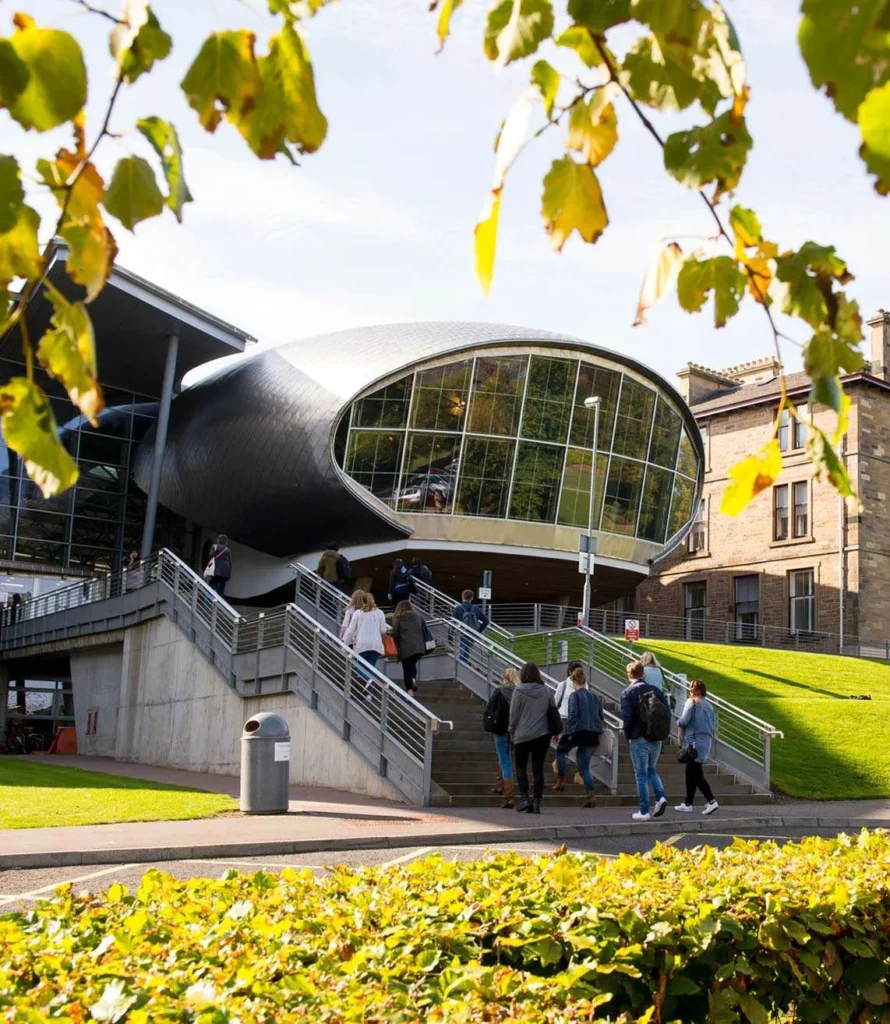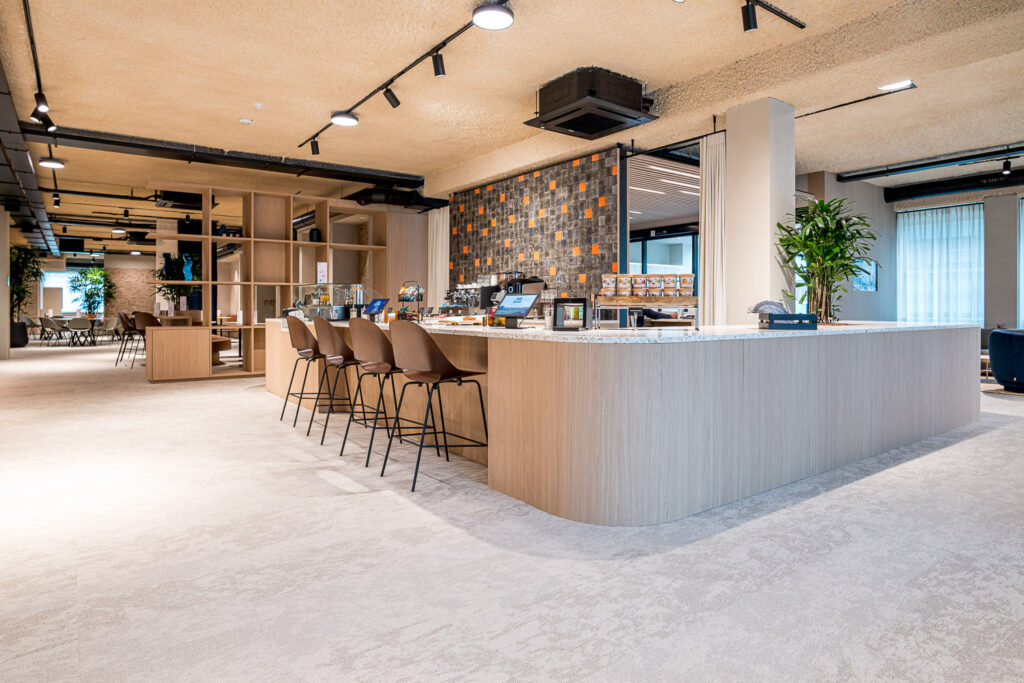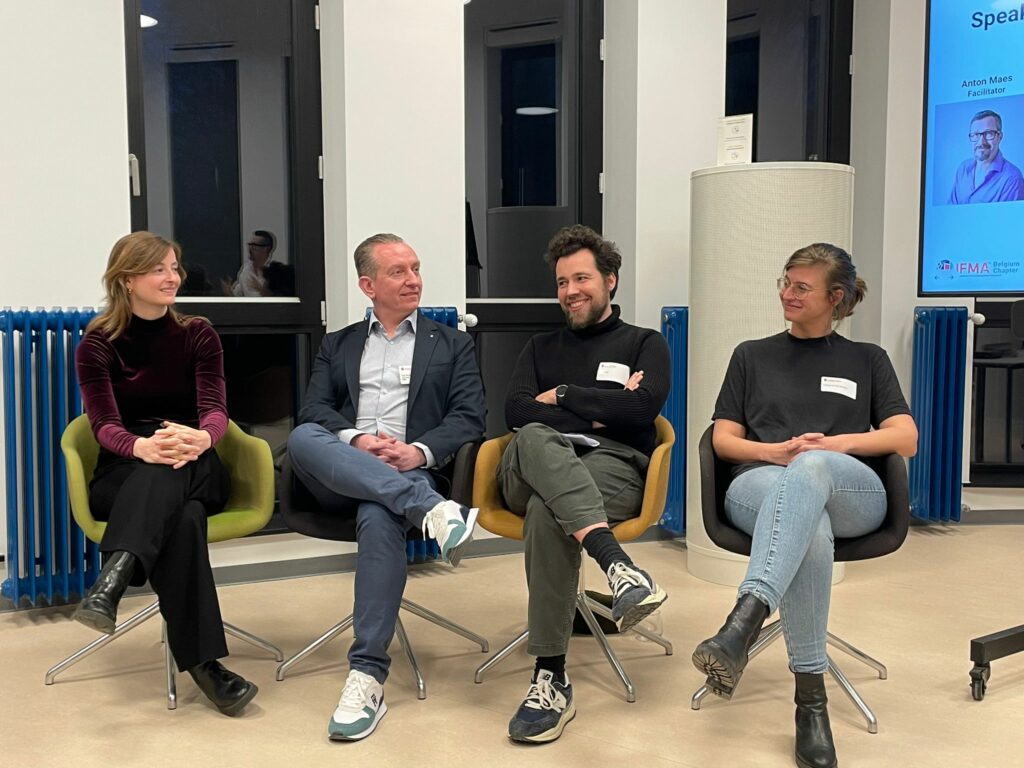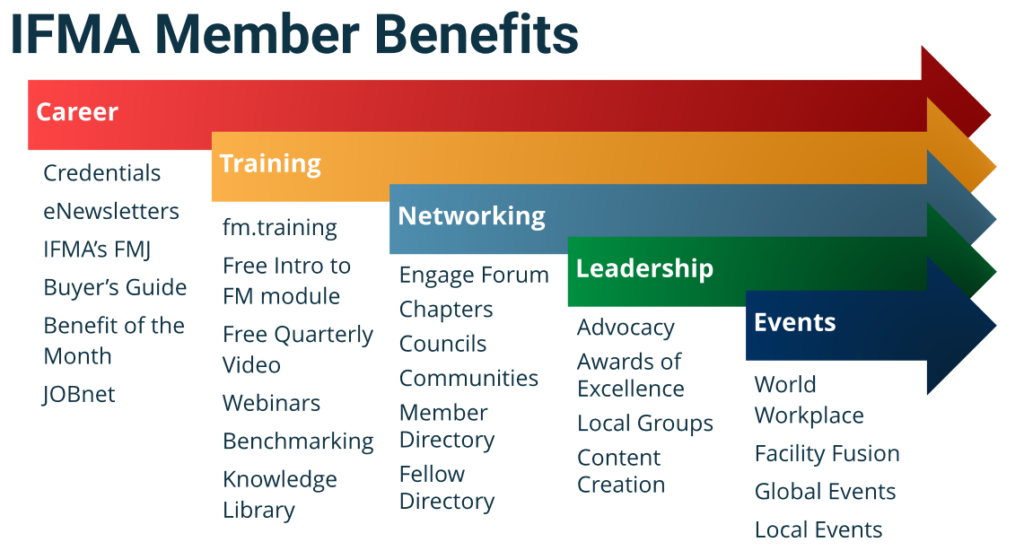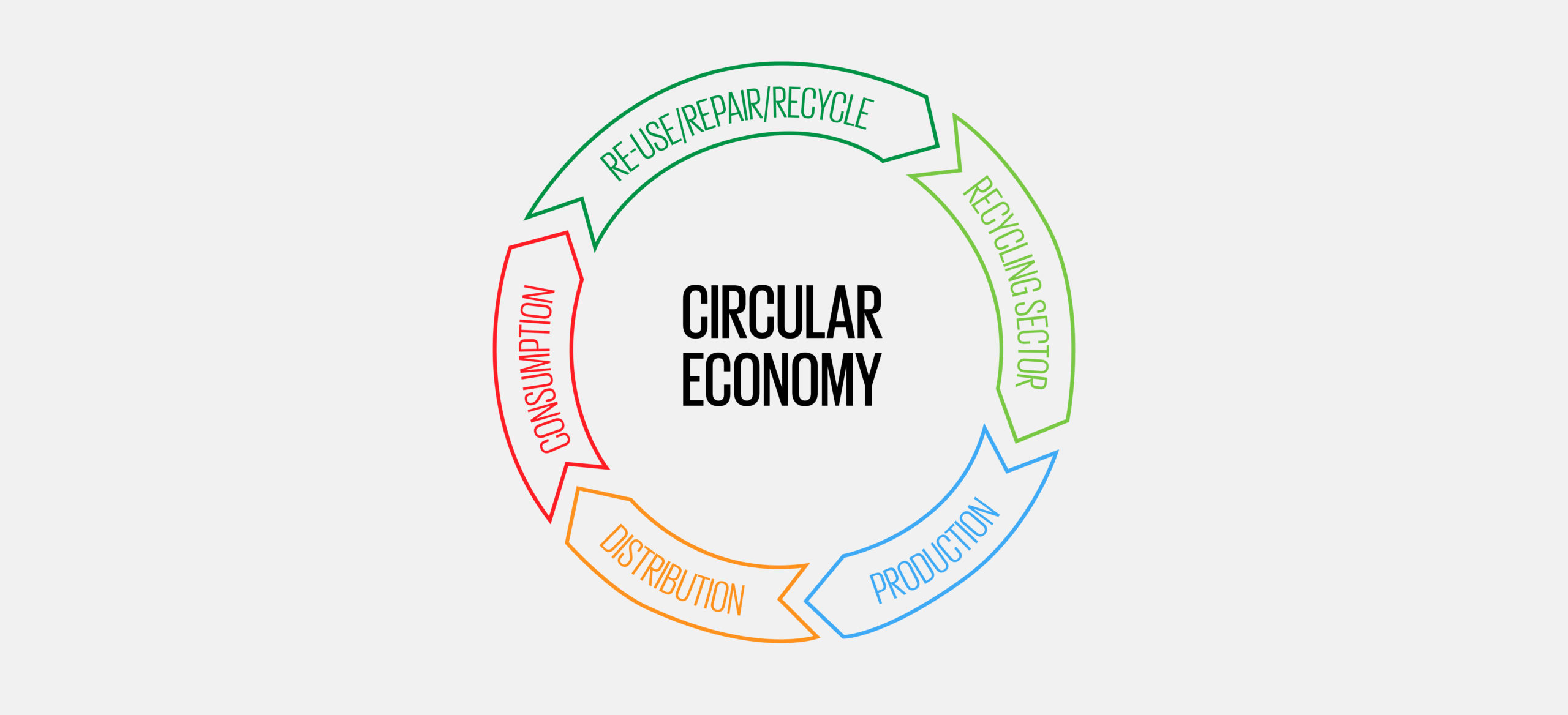The Transdisciplinary Workplace Research Congress may not ring a bell with you. Yet it is the most important gathering of European thinkers on the evolution of the workplace. This is where researchers, professors, Phd students, authors and business people have been meeting since 2019 to share knowledge about their research, network extensively and brainstorm about the future of the workplace. There is a lot of nonsense going on in the world of NWOW and hybrid working. Apart from any commercial ulterior motive, TWR2022 is the ideal opportunity to indulge in scientific insights into workplace strategy and change management. The TWR organisation is actively seeking interested parties from the “business” and thus wants to broaden its base, seek inspiration for future research and hold a mirror up to the scientists from a business point of view.
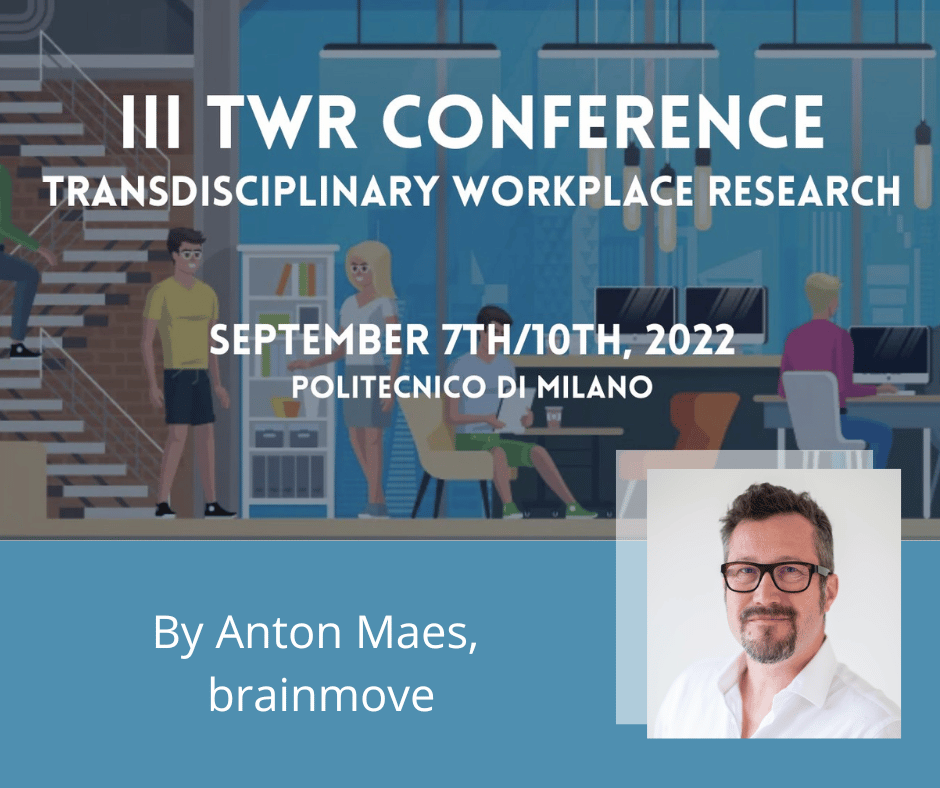
Sustainability
Sustainability was the common thread throughout the research presented at this congress. Here too, academia is pushing the cart. For instance, by creating a framework that can be used to objectify efforts on sustainable development. The research on EF (Ecological footprint) working environments was revealed. The relationship between workplace strategy and the so-called SDGS (sustainable development goals) was cited several times and examined in detail. Traditionally, the central indicator of the sustainability of a work environment is mainly the efficiency of space use. However, 17 sustainability goals were defined by the United Nations. In principle, these should be widely applied by all European governments and private organisations (I did not know that either). Again, the scientific community is trying to reach out to business through definitions and concrete methodologies in order to offer progress together in the complex matter of sustainable development. In particular, how the SDGS can be applied in assessing the sustainability of the knowledge environment is an interesting question. The research presented showed that both the well-being of users and their consumption behaviour are seen as the most important indicators of the sustainability of the knowledge environment. To achieve the sustainability goals in the knowledge work environment, they stressed the importance of an integrated approach to the issues and clear communication to the users within the organisation.
Hybrid working and knowledge work
Another theme that came up very often in the sessions was the impact of hybrid working on the organisation of knowledge work. The long-term effects of working from home for very long periods are not sufficiently clear at present, but we see that scientists are developing the necessary methodology to clearly map this evolution in the coming years. Research in this area is perhaps still somewhat hesitant and there is sometimes a tendency to state the obvious: “in the office we mainly work together, while the home office should mainly support concentration work”. It would be interesting to take this a step further by investigating e.g. the diversification in workplace use according to the typical activities of the organisation? An attempt is already being made in the scientific world to arrive at a clear taxonomy with which one can clearly and unambiguously describe the activities in the work environment. This, in turn, will serve as a clear framework for research into the use and efficiency of different workplace types.
Knowledge sharing
What stood out in the treatment of the theme of knowledge work during the conference was the lack of further exploration of the concept of knowledge sharing. People often limit themselves to studying the importance of the office as a collaboration environment when the ultimate goal of the work environment is the active exchange of knowledge. Just because people use an office environment together does not mean they will effectively exchange knowledge. Collaboration in the work environment does not automatically imply quality knowledge sharing. Research has also shown that an increase in spontaneous encounters can lead to an increase in knowledge sharing. Can we rely on this chance knowledge sharing or should we as employers boost this process by actively organising it? Through the organisation of our work environment, can we actively channel knowledge sharing in our organisation and reduce the risk of knowledge loss? Quality knowledge sharing is a basic component of the success of hybrid working. Contemporary organisations are aware that knowledge sharing has become more difficult since we started working from home en masse. Scientists are also looking at the strong emergence of VR as a solution not only to promote knowledge sharing but also to facilitate social contact between employees, thus promoting satisfaction. The extent to which VR could support remote collaboration has barely been studied scientifically. A clear framework is needed here.
" A real breath of fresh air"
Regularly, conferences are organised on the theme of the working environment, organisational cooperation and employee well-being. Often, commercial intentions stifle the quality of these conferences and they mainly kick open doors. TWR was a real breath of fresh air in this respect. Scientific insights can significantly increase the quality of our workplace projects and the effectiveness of our coaching programmes. So the cross-pollination between the scientific world and the business world is very important. The TWR2022 congress was an absolute must not only for seasoned workplace strategists, but also people from the wider HR and facilities world were able to get inspired and re-energised. We look forward to TWR 2023 with great anticipation!
More information on https://twr2022.org/ – Credit for the picture: https://twr2022.org/
About the author

Anton Maes, brainmove
He is an organizational psychologist and expert in change management, hybrid working and strategic workplace development.

